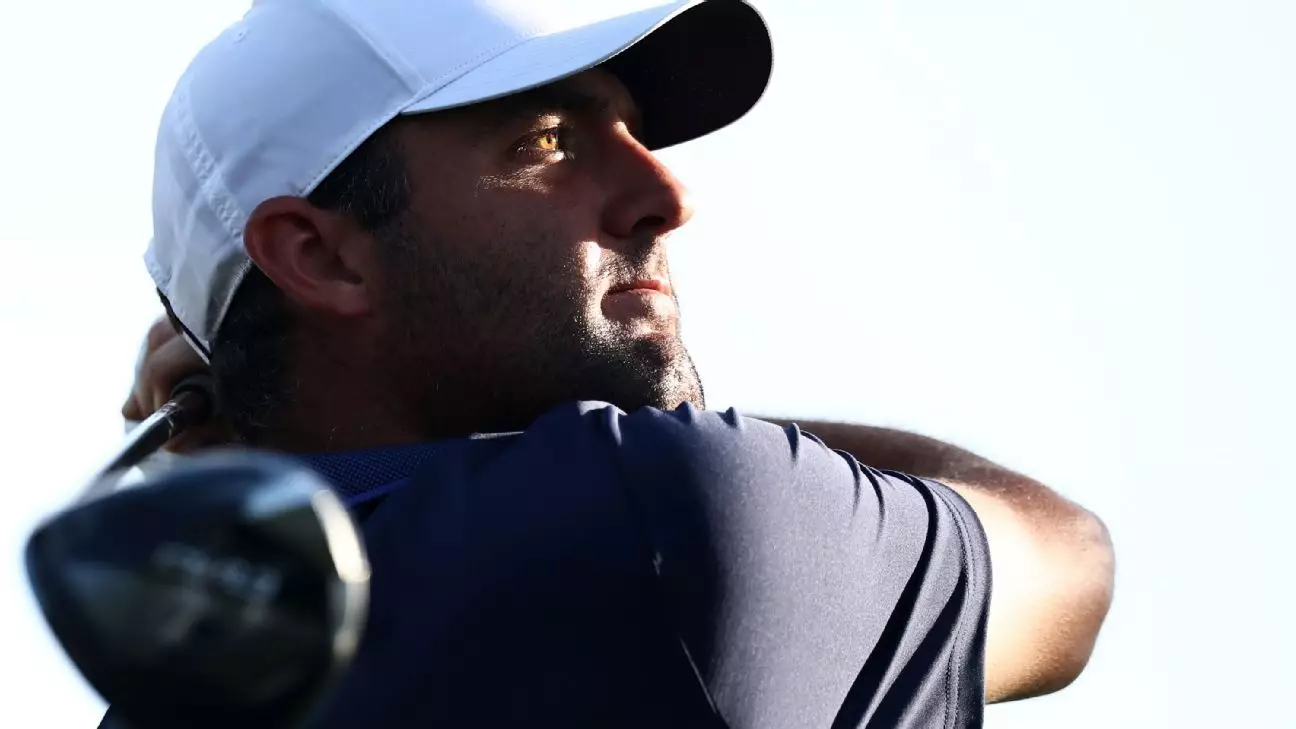The recent controversies surrounding Rory McIlroy and Scottie Scheffler’s drivers illustrate a significant rift in professional golf—a sport often seen as bastion of tradition and integrity. While both champions celebrated their triumphs on the PGA circuit, overshadowing moments lingered beneath the surface. The United States Golf Association’s (USGA) decision to deem certain drivers nonconforming raises ethical concerns that matter far beyond the realm of mere sport. As the shadows of such decisions loom, one must question: Are player advantages being evaluated through the right lens?
Discrepancies in Testing Practices
Golf’s romantic ideals of fair play are being compromised, as the USGA has been selective in its testing practices. Scheffler’s remarks about the potential shortcomings of the current driver-testing system resonate deeply. “If we’re going to test, we need to be even more robust in the way we test them,” he insisted, highlighting a systemic flaw that deserves greater scrutiny. It is troubling to think that only a fraction of the field undergoes evaluation while sporting regulations are touted as firm and absolute. The implication is clear: a meaningful commitment to integrity must encompass the entire field, not just a few select individuals.
On a more fundamental level, the lack of comprehensive testing raises questions about the bargaining power and influence of the elite within the sport. Are the elites steering the ship while sidelining competitors? In striving towards improvement in player equity, testing protocols must evolve, encompassing every player, regardless of their current accolades. If equality is a value held dear in golf, it must reflect in the rigor of its testing procedures.
The Cost of Status Quo
While the allure of becoming a golf champion captivates many, the often hidden costs of maintaining the status quo are alarming. Both McIlroy and Scheffler’s experiences reveal an inconvenient truth: the clout enjoyed by elite players may inadvertently spare them harsher scrutiny. While Scheffler is candid about the failures of his equipment and acknowledges that he has used his driver for over a year, slight modifications made to drivers over time can lead to performance advantages that skew fair competition.
McIlroy, another luminary struggling with the constraints of his equipment, tied for a disheartening 43rd in driving accuracy. His erratic performance reveals a stark contrast to the bold narratives often spun about golfers’ capabilities. If golf is to remain a purveyor of precision, it must address these discrepancies before they erode the foundational spirit of the game.
Decisions for the Future: A Call for Action
It is disheartening that top golfers like Xander Schauffele concur with Scheffler’s viewpoint about the necessity for comprehensive testing yet see little shift in the governance of their sport. “It’s not right to just test 50 guys,” Schauffele stated, conveying a sentiment rare in an inherently individualistic sport. The themes of fellow feeling and competitive equity are akin to a moral rallying cry: we are in this together, and the values of the sport must reflect that collective experience.
The imposition of current limitations perpetuates a culture that favors status—where the elite enjoy certain allowances while the less heralded must adhere strictly to the rules. In a sport that prides itself on the honor and fair competition, open testing would not only be a testament to the environment in which fairness thrives but would redefine the boundaries danced around by legacy and privilege.
As the dust settles at Quail Hollow, the question remains: will golf be courageous enough to reform its testing culture for the long-term integrity of the game? The stakes are high—not simply the pursuit of the trophy, but the essence of what golf stands for. Without change, the ghosts of nonconformity will continue to haunt, shadowing the game’s illustrious narrative with specters of favoritism.


Leave a Reply